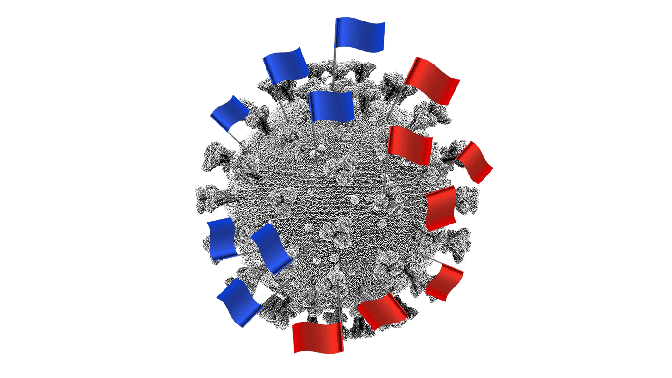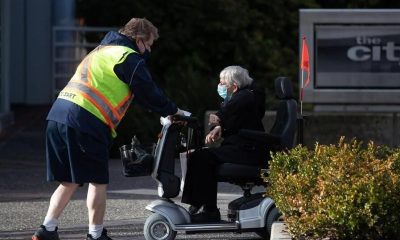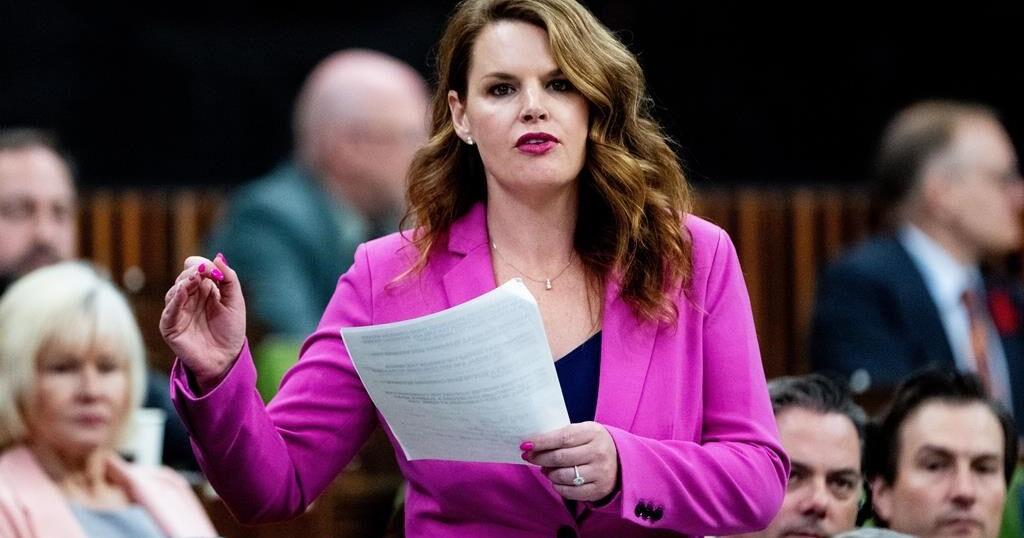Editor’s Note: We’re making some changes to our newsletter lineup, and we wanted you to be the first to know what we’re doing and why.
Our team has been reimagining another newsletter in our portfolio, The Atlantic Daily, over the last year, and it has become the definitive expression of The Atlantic in email form. The politics newsletter you’re reading now will cease on Friday, April 17.
Where possible, you’ll be subscribed to The Atlantic Daily automatically (with a clear and easy way to unsubscribe). You can also sign yourself up here anytime.
Writing about politics has been at the heart of The Atlantic’s mission since the founding of the magazine in 1857, and we’re as committed as we’ve ever been to telling the most ambitious, imaginative, and clarifying stories in journalism. Today, the two major political stories of our age—the 2020 U.S. presidential election and the coronavirus pandemic—are playing out in tandem, and inseparably. They are a prominent and relentless focus of The Atlantic Daily and the body of journalistic work it represents.
As always, you can reach our team by replying to this newsletter, or sending a note directly to our team here.
It’s Thursday, April 16. In today’s newsletter: New analysis on how the COVID-19 outbreak is spreading in the largest metropolitan centers versus less densely populated areas. Plus: The internet is still bad.
*
« TODAY IN POLITICS »
(The Atlantic)
The Red and Blue America of a Pandemic
The coronavirus pandemic still raging across the U.S. could exacerbate a major Trump-reelection vulnerability: his weakness with urban and suburban voters. Ron Brownstein writes:
The question for Trump this fall will be whether he can offset that weakness by matching or building on his dominant advantage in exurban, small-town, and rural communities. In Wisconsin this week, the GOP lost ground with those voters too, but by and large, polling still shows Trump holding a strong position among them. And because most rural communities are facing fewer cases of the disease so far, they may be much more receptive than big-city leaders and voters to Trump’s calls to reopen the economy as quickly as possible.
These political, public-health, and economic trends all point toward the same possibility: Just as the disease is unfolding very differently in larger and smaller places, the gap between voter preferences there in the presidential race could reach astronomical, and possibly unprecedented, heights.
*
« THE CORONAVIRUS READER »

(Adam Maida)
+ Everybody loves the internet now, Kaitlyn Tiffany writes. But “after a few weeks of faith in the possibility of online utopia, the cracks are starting to show”:
As traditional public life has shut down for much of the population, we’re moving online to stay connected to people we miss, and to raise money for people who need it, and to coordinate all kinds of collective action that can no longer happen in physical places. Since stay-at-home orders began in the United States, use of online platforms has ballooned to the point of absurdity: In a recent blog post, the Zoom CEO, Eric Yuan, said that the service’s number of daily meeting participants had gone from 10 million in December to 200 million in March.
+ Few figures tell you anything useful about how the coronavirus has spread through the U.S. Here’s one that does:
There is clearly some group of Americans who have the coronavirus but who don’t show up in official figures. Now, using a statistic that has just become reliable, we can estimate the size of that group—and peek at the rest of the iceberg.
According to The Atlantic’s COVID Tracking Project, nearly one in five people who get tested for the coronavirus in the United States is found to have it. In other words, the country has a test-positivity rate of nearly 20 percent.
+ Life right now feels very odd. And it will feel odd for months—and even years—to come, Juliet Kayyem writes:
Most of the decisions that matter aren’t in the hands of presidents or governors; American society as a whole needs a plan for what comes next. The coronavirus is revolutionary not just because of the suffering it has caused, but because it—like other diseases, from the bubonic plague to malaria to HIV—has the power to shape social norms for years to come. Those norms change with surprising speed. For most people, the prospect of sitting at home for months was almost unthinkable at the beginning of March.
You can keep up with The Atlantic’s most crucial coronavirus coverage here.
*
Today’s newsletter was written by Kaila Philo, a Politics fellow. It was edited by Shan Wang, who oversees newsletters.
You can reply directly to this newsletter with questions or comments, or send a note to politicsdaily@theatlantic.com.
Your support makes our journalism possible. Subscribe here.
We want to hear what you think about this article. Submit a letter to the editor or write to letters@theatlantic.com.


/media/None/headshot-17/original.png)
























